- Solid-state batteries, long promised, are slowly progressing toward EVs.
- Switching to solid-state could supercharge EV range and charging speeds.
- Plenty of challenges still remain, but experts call it “a matter of time.”
- It will take massive investment and new factories to reach mass scale.
Experts say that solid-state batteries, a more advanced version of the lithium-ion batteries powering electric vehicles today, promise tremendous benefits. EVs powered by solid-state could drastically increase their range and greatly reduce the risk of fire.
But there’s a problem: They’re not yet ready for primetime.
ADVERTISEMENT
No automotive manufacturer is currently using solid-state batteries in their EVs. Researchers have been working for years to bring solid-state batteries to market, but developing the technology is time-consuming.
Still, according to Dr. Eric D. Wachsman, director of the Energy Innovation Institute at the University of Maryland, a solid-state future is inevitable. In an interview with Electrify News, Wachsman said auto companies are committed to the technology.
“Mass adoption is only a matter of time,” he said.
What Is a Solid-State Battery?
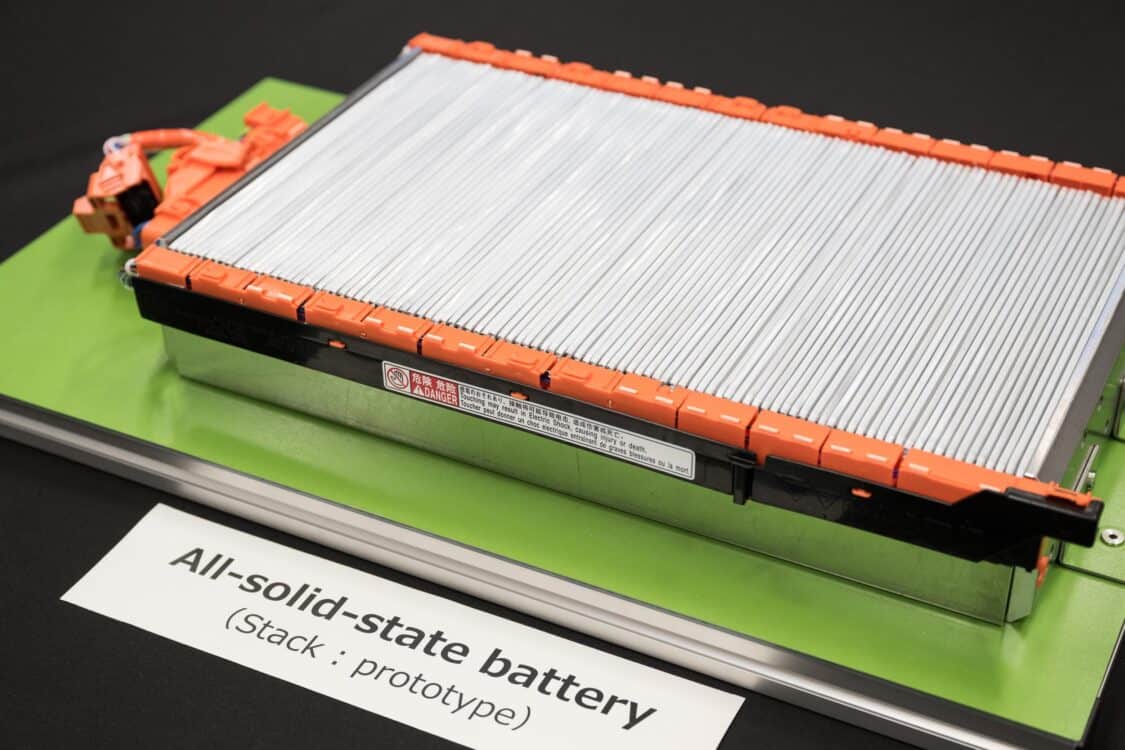
Solid-state batteries, Wachsman said, use a different connecting material between the negative conductor (anode) and the positive conductor (cathode). While traditional lithium-ion batteries use a liquid electrolyte to pass charged particles along the system to provide power, solid-state batteries use a solid electrolyte.
This creates much denser energy. Since they can hold more energy in a smaller space, solid-state batteries provide the same power and range as traditional batteries but in a smaller, lighter package.
According to Matt Teske, the founder and CEO of Chargeway, an app that tracks public charging stations, this energy density makes solid-state batteries a game-changer.
“Larger vehicles such as trucks and SUVs will require a far higher energy density to make them fully viable,” Teske said. “And providing larger vehicles this range translates to smaller EVs having even more range.”
ADVERTISEMENT
At present, electric trucks and SUVs are extremely heavy vehicles, he explained, limiting their feasibility for everyday use. This is particularly true while towing. A more energy-dense, solid-state EV battery would solve that problem and could be a boon for smaller, lighter vehicles too.
According to some recent studies, solid-state battery technology could allow charging speeds up to 10 times their current rate with little to no damage.
“If solid-state batteries were available tomorrow,” Teske said, “it would be a benefit to the entire electric vehicle industry.”
Solid-State Batteries vs. Lithium Ion
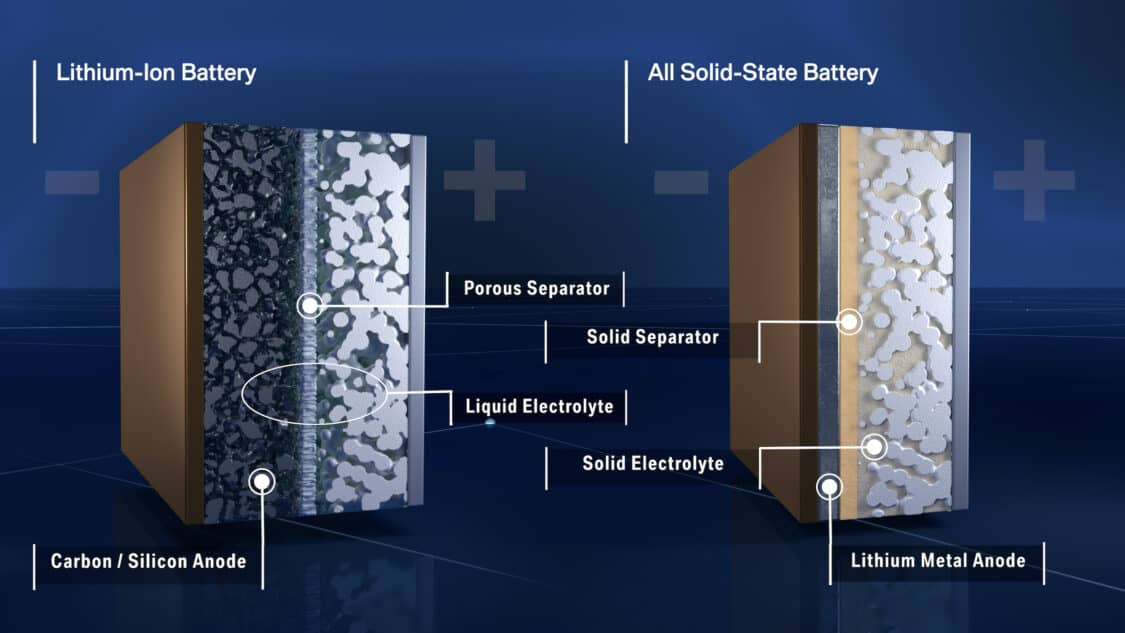
While traditional EV batteries use liquid electrolytes, a solid-state battery uses solid metal electrolytes made mainly with one of two materials: sulfide or oxide.
- Sulfide is preferred by companies like Toyota and BMW, both of which are targeting small-batch production of solid-state batteries within the next few years.
- Oxide is favored by QuantumSpace, the company currently developing solid-state batteries for Volkswagen, and is the material of choice for Dr. Wachsman, too.
ADVERTISEMENT
“A ballpark figure would be that they’re twice as energy dense [as current lithium-ion batteries],” Wachsman said.
Several challenges still remain. Battery researchers are working to prevent lithium dendrites, which can form in the electrolyte and cause short circuits. Sulfide electrolytes also produce poisonous gasses, Wachsman said, and solid-state batteries will still struggle with performance in extreme cold climates.
“With conventional liquid electrolytes, they freeze and don’t function,” he said. “With solid-state it’s always solid, so you’ll have a decrease in available power from the cell, but it’s a continuous decrease rather than falling off a cliff.”
Wachsman and his team have focused on low-temperature capability, he said. Recently they tested a prototype in temperatures below 20 degrees Centigrade. And it was a success.
“The anode and cathode work perfectly fine,” he said.
ADVERTISEMENT
What Happens Now?
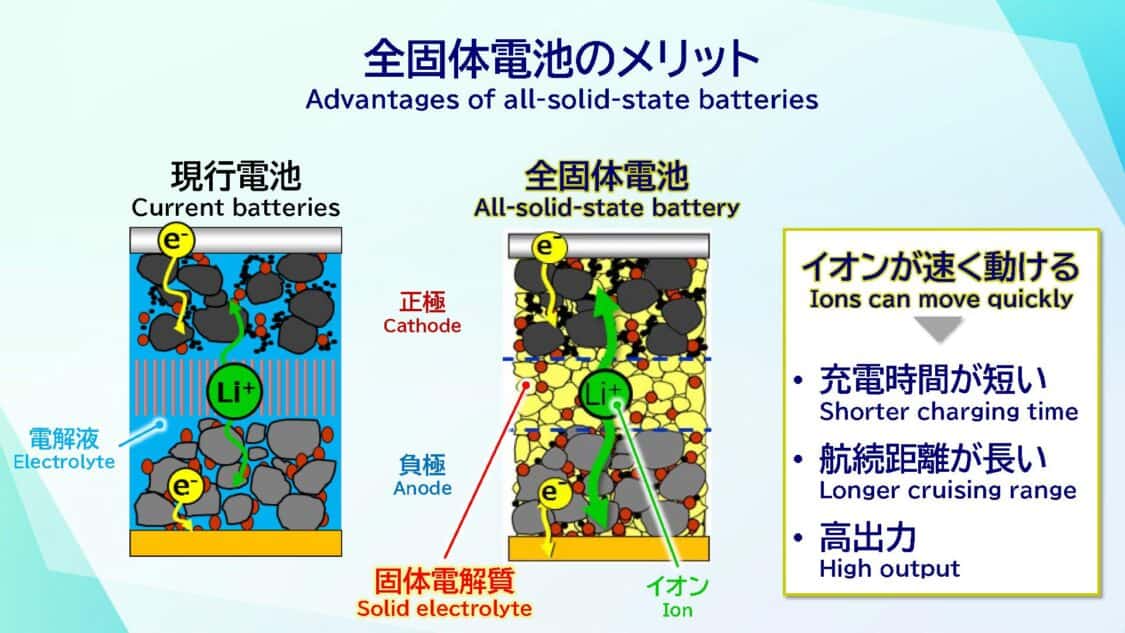
Automakers are eager to bring solid-state technology to the market. Whichever company is first could have a tremendous business advantage, not to mention spur more interest in electric vehicles in general.
Companies like Stellantis are also developing an energy-dense lithium sulfur battery as a possible alternative to solid-state.
But first, Wachsman said, they’ll have to refine the technology, raise enough money for production, and build a factory – among other obstacles.
“It depends on how fast they could scale to volume,” he said. “No company is going to come out with a battery that couldn’t scale to all electric vehicles.”
In the meantime, public infrastructure needs to advance in a hurry, according to Teske. He said the No. 1 preparation needed for solid-state vehicles is the “design and deployment of fast charging stations.”
Auto companies and electric utility companies will need to work closely to ensure these vehicles can be served with their increased capabilities. Teske hopes his company, Chargeway, can help lead the effort for better communication and clarity.
“Solid-state batteries provide the potential for longer range and faster charging times,” he said. “But the battery is only one part of that puzzle.”
ADVERTISEMENT

FEATURE IMAGE: BMW
FTC: We use income-earning auto affiliate links. Learn more.


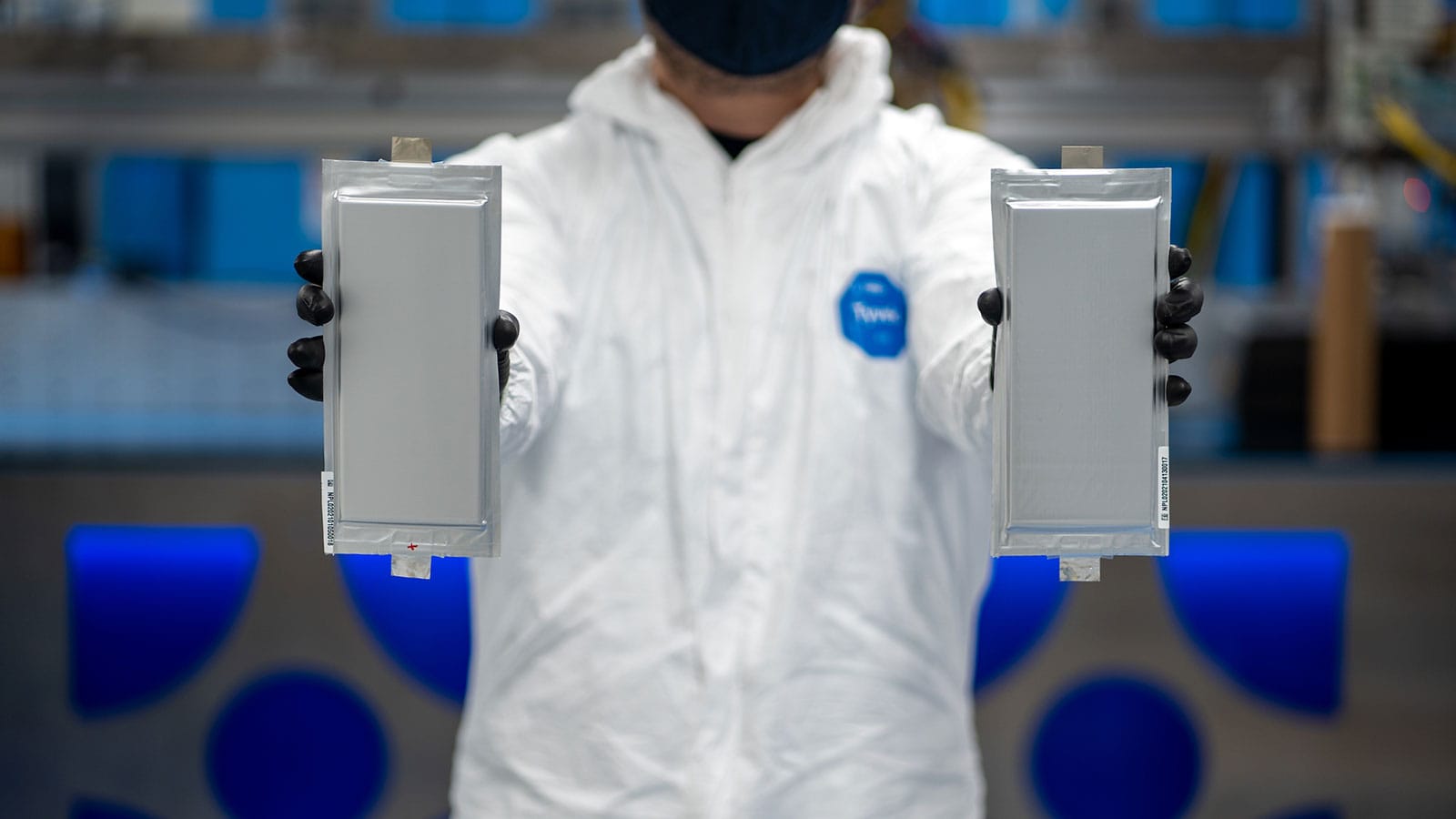



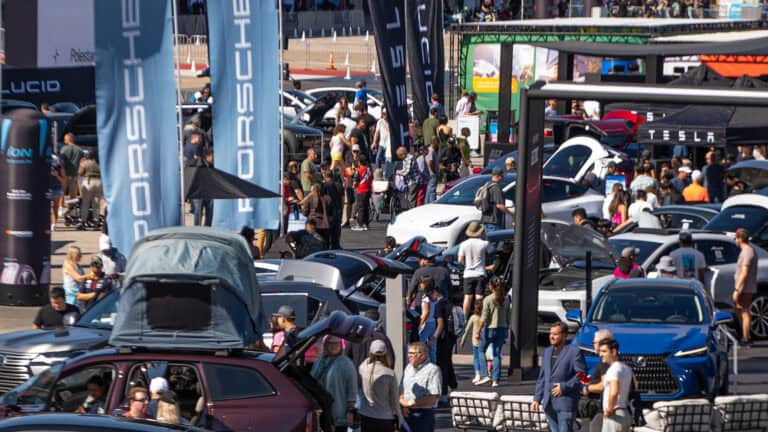
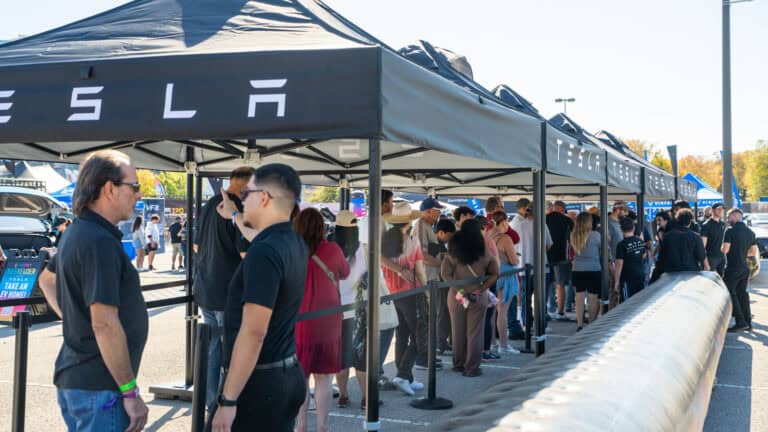

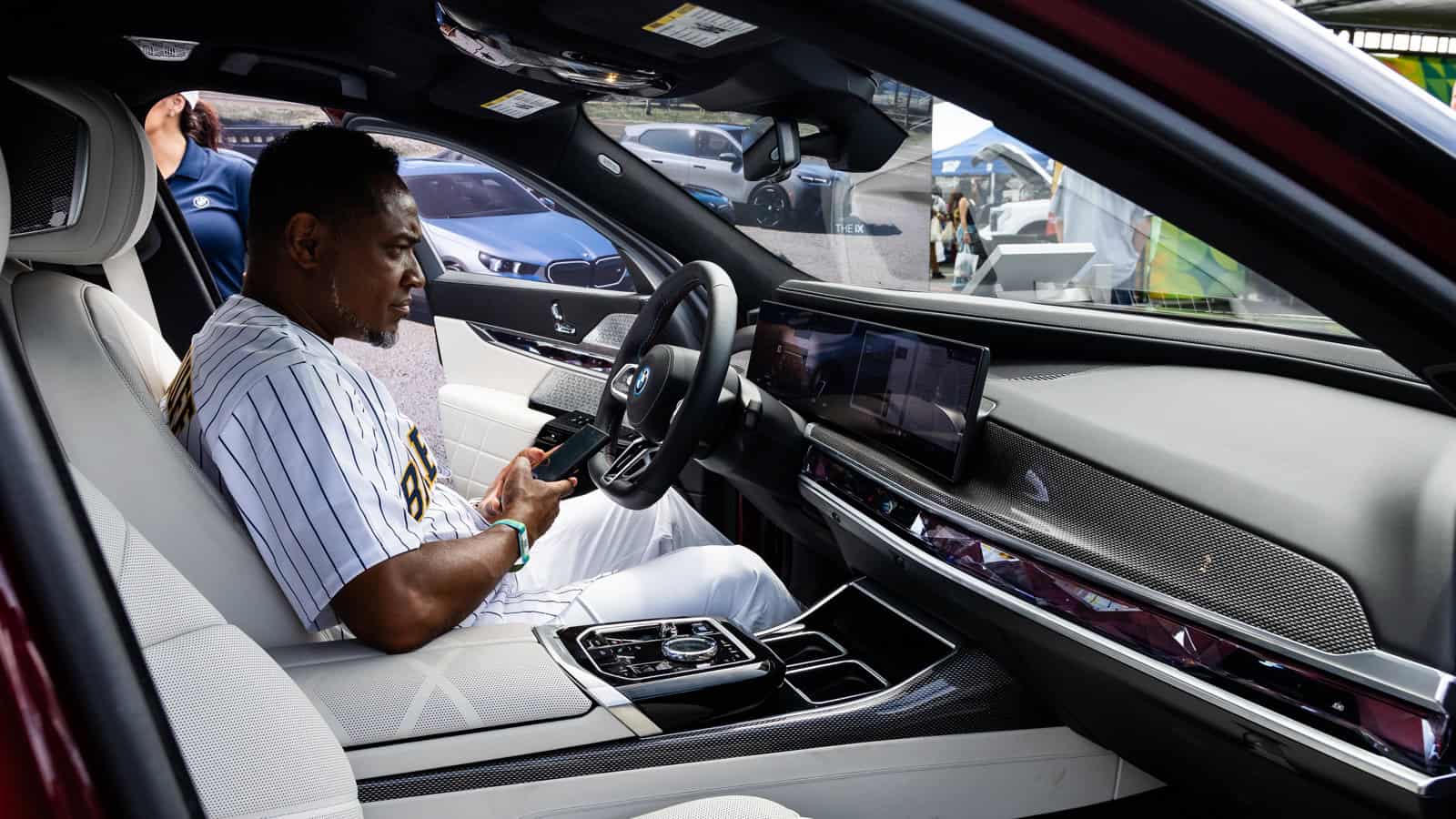
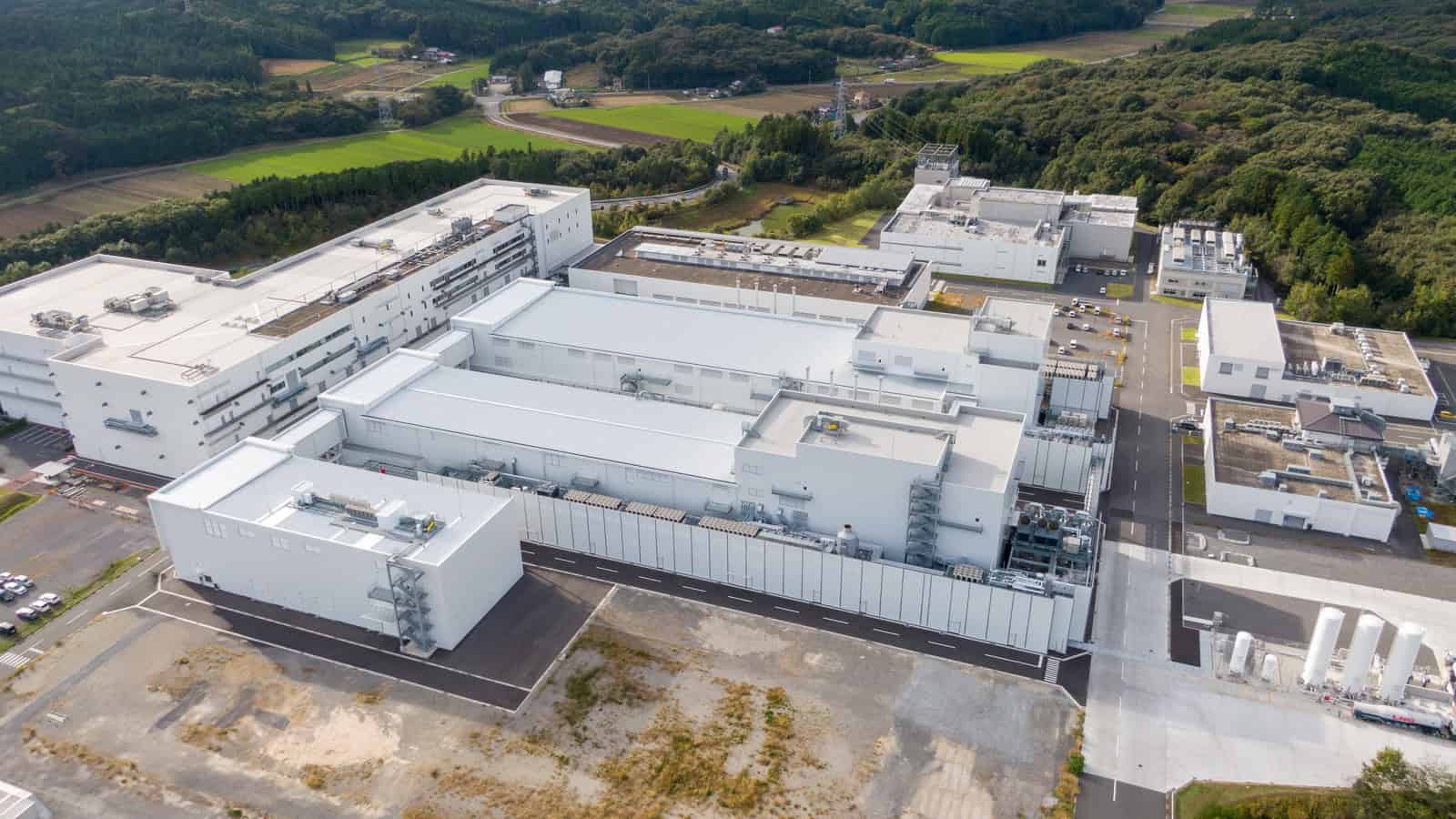
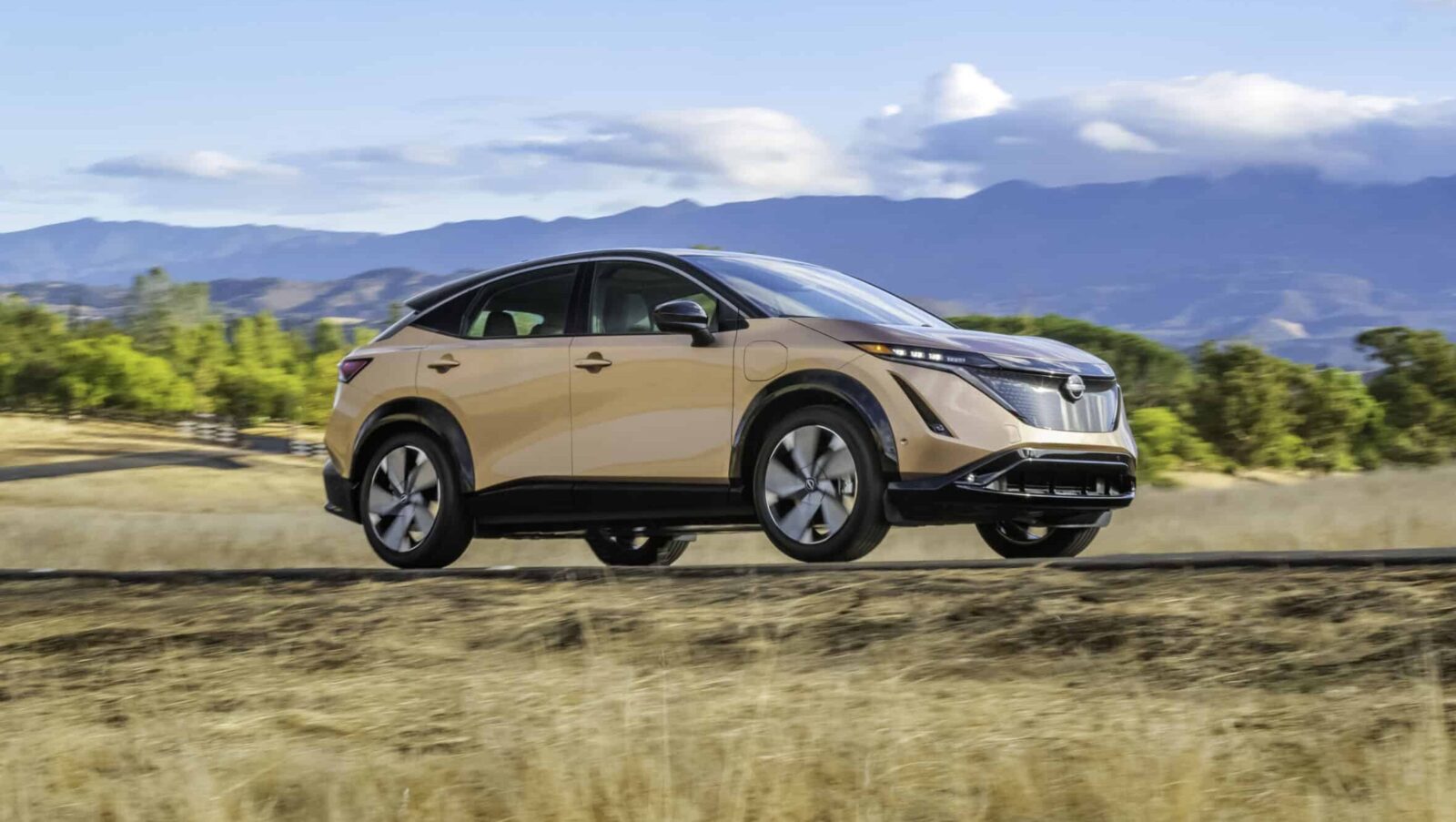
2 Responses